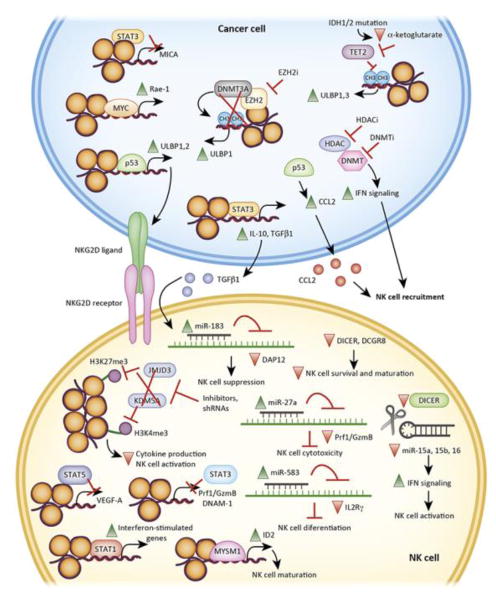Figure 2, Key Figure. Epigenetic mechanisms regulate eradication of tumors by NK cells.
Epigenetic regulators (transcription factors, chromatin regulators, DNA modifying enzymes, and miRNAs) regulate NK cell activity and cancer cell eradication. This can occur by cancer cells developing NK cell evasion mechanisms, for example by the downregulation of NK cell ligands (e.g., ULBP1, ULBP2, and MICA) or by the secretion of chemokines that prevent NK cell recruitment (e.g., IL-10, TGFβ1, and CCL2). Similarly, NK cells can undergo changes in the tumor microenvironment to be become less effective, for example by the downregulation of activating receptors (e.g., NKG2D receptor) and the attenuation of their activity due to dampened IFN signaling.

